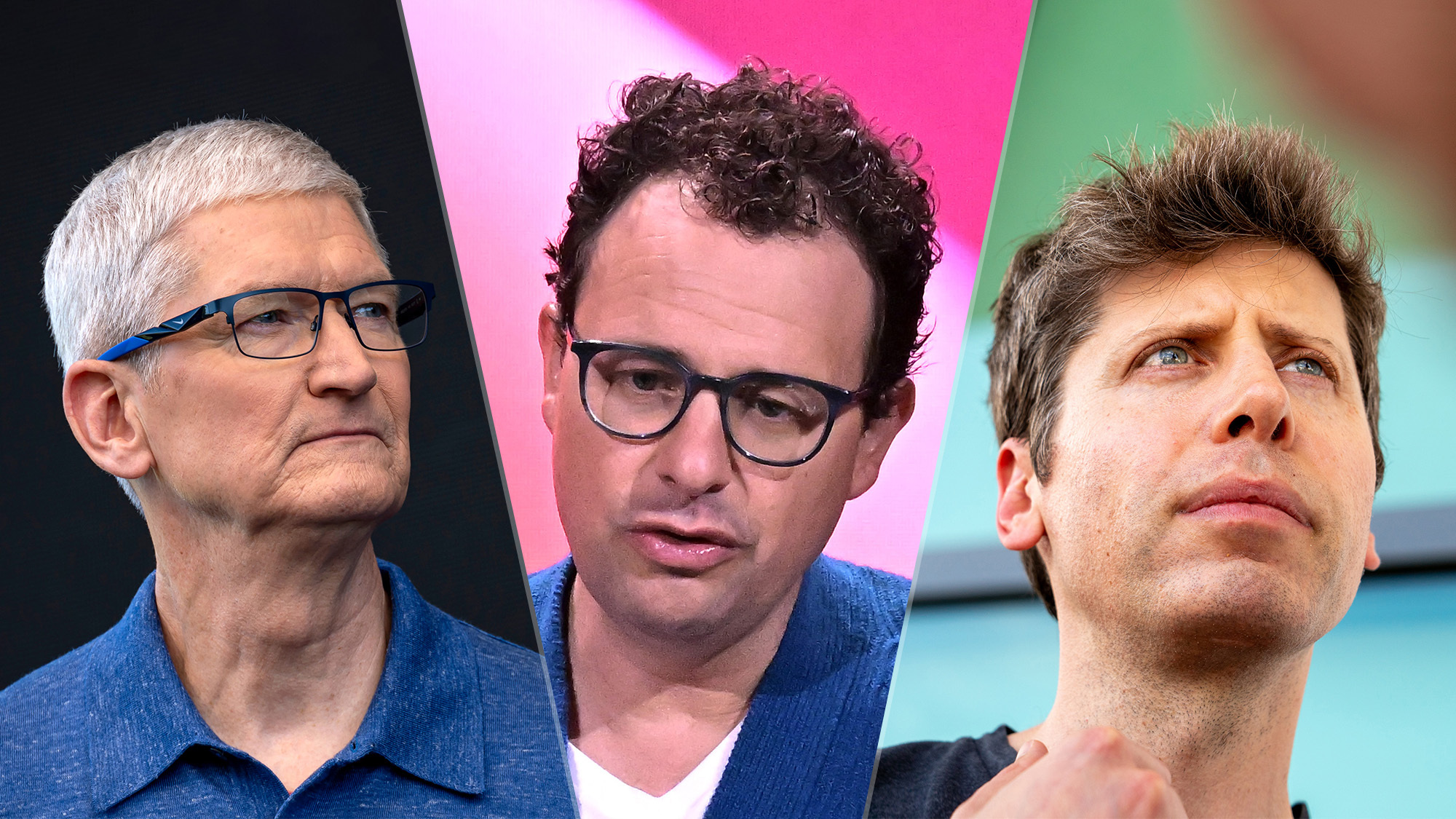Does Apple Intelligence make you want to upgrade your iPhone or switch from Android? Our team is split
Is Apple Intelligence an...intelligent reason to switch to Apple?
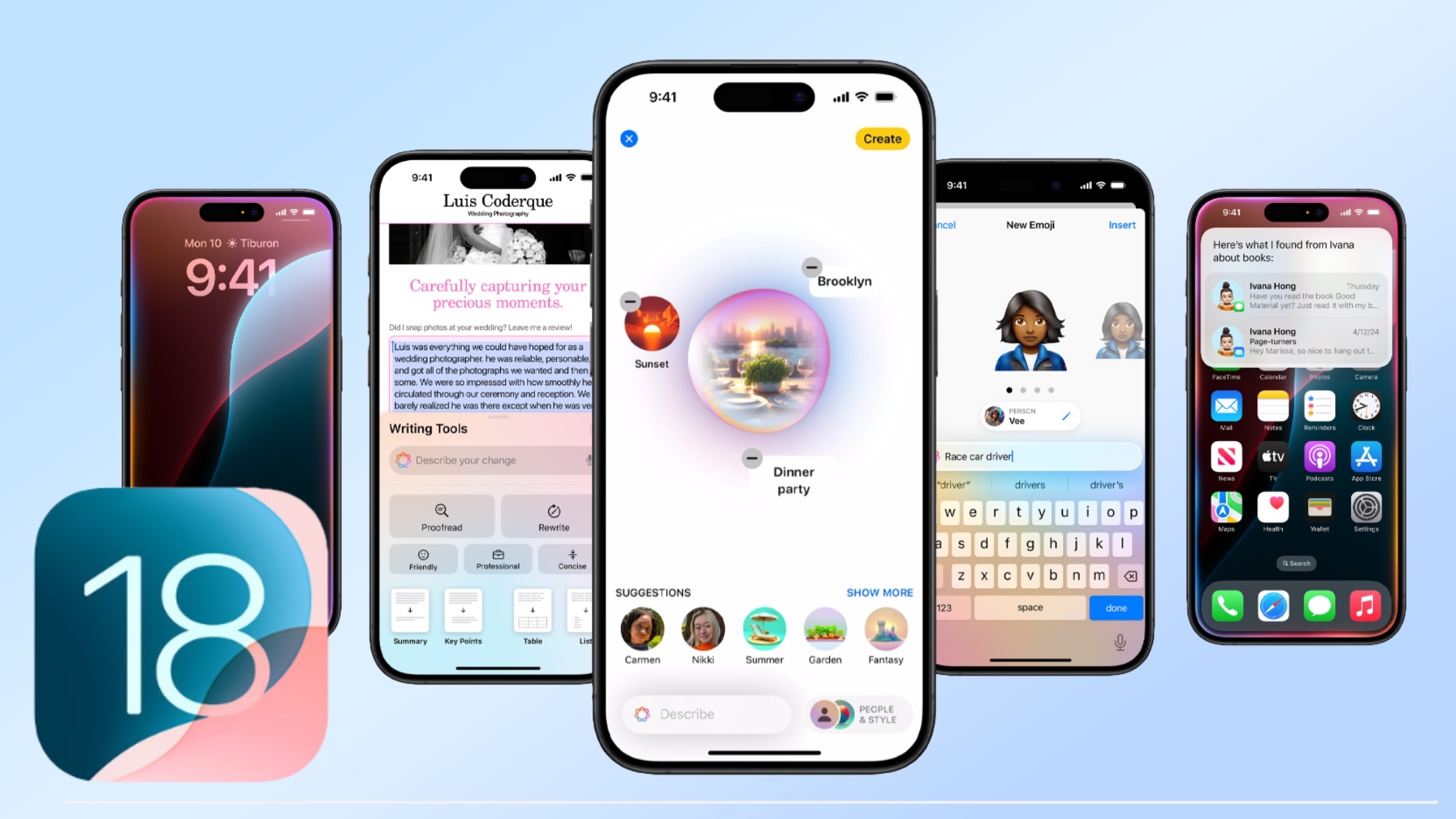
Apple Intelligence became official at WWDC 2024, and Cupertino's calling it "AI for the rest of us." Looking at supported devices, we found out it will only work on the most recent iPhones or M-series Macs and iPads.
This will leave millions of users asking two simple questions: if you're already an Apple user, is it worth the upgrade? And if you're not, is there enough here to justify switching from Android to iOS?
There is a good reason for this divide in device potential. Many of the AI features require more RAM and a Neural Engine with more power than is available in anything below the iPhone 15 Pro or any Intel Mac.
We have a mixed bag of Apple, Windows, Android and even the odd Linux user at Tom’s Guide, so I asked the team whether Apple’s “intelligence” update was enough for them.
I’m already planning my upgrade and may get an iPad

I’ll admit it, I’m an Apple fanboy. I have had more or less every iPhone since the second model came out, have an Apple TV and have only ever used a Mac — but I’ve slowed my rate of upgrade as there hasn’t been enough difference between one iPhone and the next.
Apple Intelligence is a game-changing moment. With it comes the ability to deeply integrate Siri not just with your own data but with the entire Apple ecosystem and the device in question. But for this to work the device needs to be powerful enough to run an AI model locally.
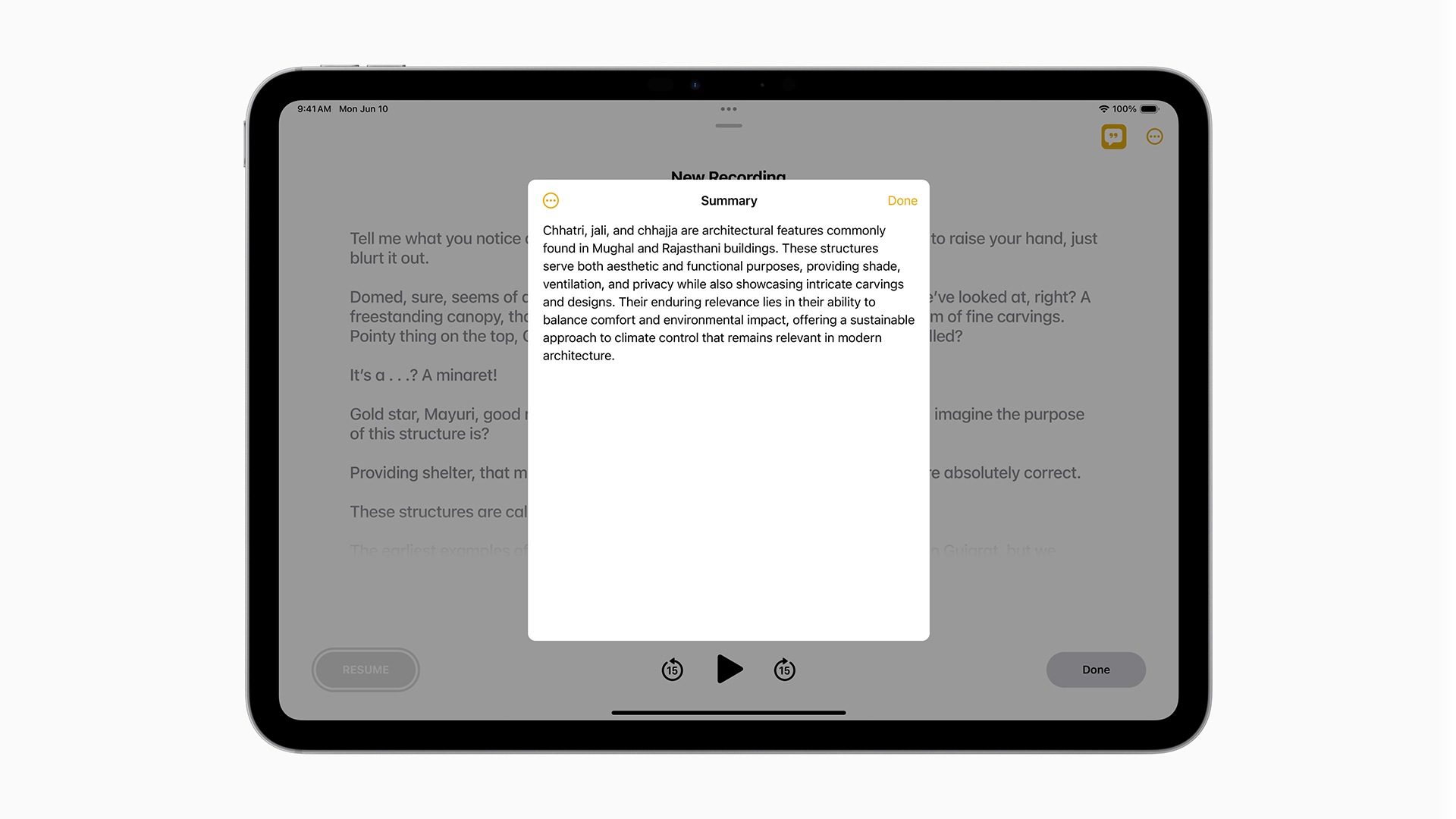
The capabilities presented by being able to use Siri as a personal assistant — booking flights and hotels on your behalf, finding passport numbers, scheduling meetings and so on — is so significant that where I was going to skip the iPhone 16, upgrading is now a no brainer.
Get instant access to breaking news, the hottest reviews, great deals and helpful tips.
I’m waiting until Apple irons out the bugs

About two years ago, I finally upgraded from an iPhone XS to the iPhone 14 Pro (before that, I had an iPhone 6s). As you can imagine, I like to really get the most out of a phone before I upgrade to the next model, so I was a bit disappointed to see that Apple Intelligence will only work on the iPhone 15 Pro and iPhone 15 Pro Max.
As someone who is against upgrading just for the sake of an upgrade, I’m likely to hold onto my iPhone 14 Pro for another year.
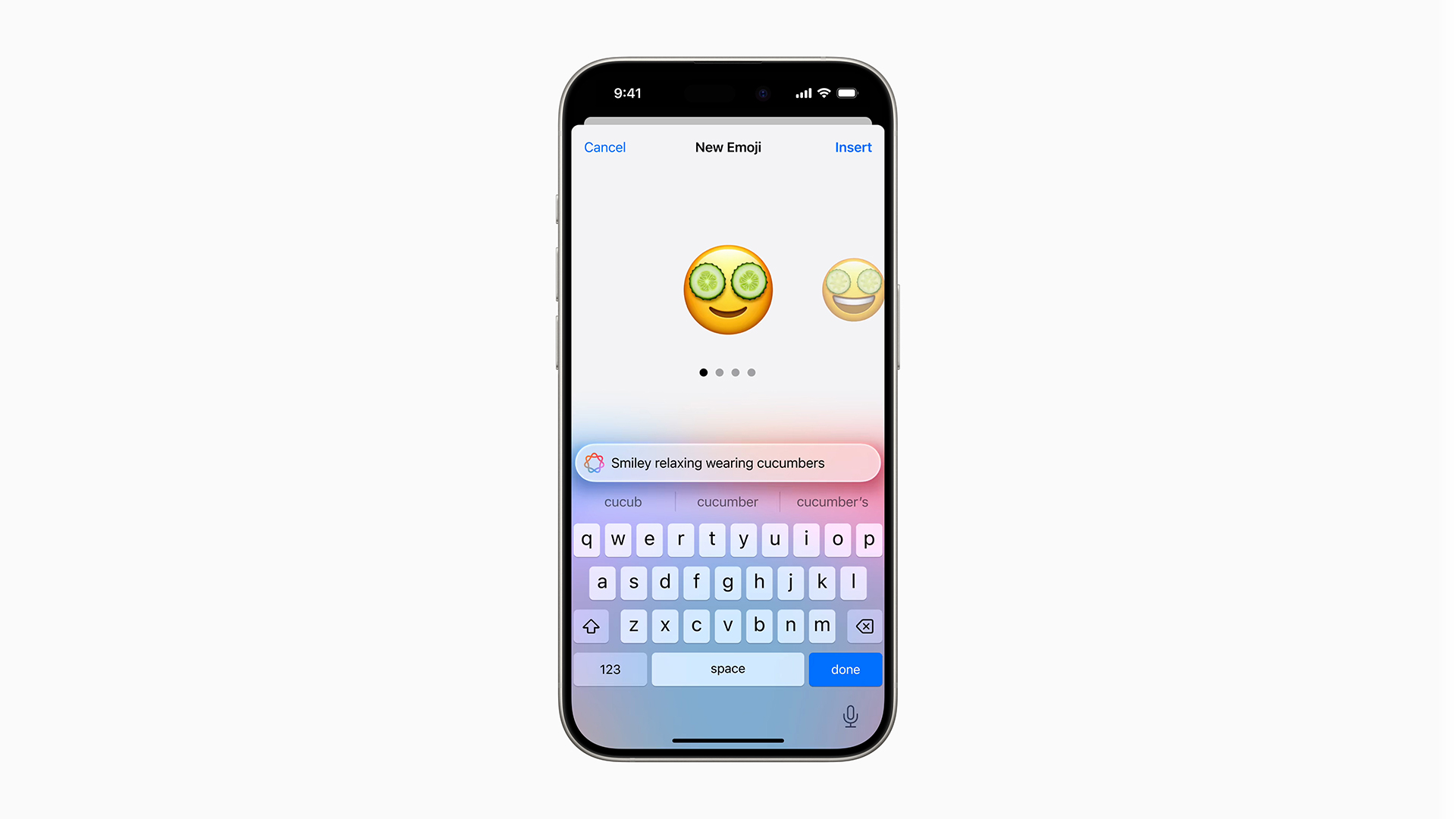
Besides, AI is a completely new technology for Apple, and as polished as its products are, I want to wait to see how useful these Apple Intelligence tools are — and to make sure all the kinks are worked out — before I get them on a phone I plan to use every day. The Genmoji might sway me, though.
I don’t feel the need to upgrade my phone

I’ve reviewed a handful of “AI laptops” since the beginning of the year and none have convinced me that AI will help make people’s (computing) lives easier. While the hardware might be there with CPUs possessing an NPU (Neural Processing Unit), software that utilizes AI is sparse at best. Because of that, I’m somewhat skeptical of Apple Intelligence, which is basically the company’s version of generative AI.
So will I upgrade? I currently have an iPad Pro M4 and a MacBook Air M3 that Apple loaned us, so I’ll be able to test out Apple Intelligence on those machines since they’re powerful enough to run Large Language Models on the device. But will I upgrade my iPhone 13 Pro?
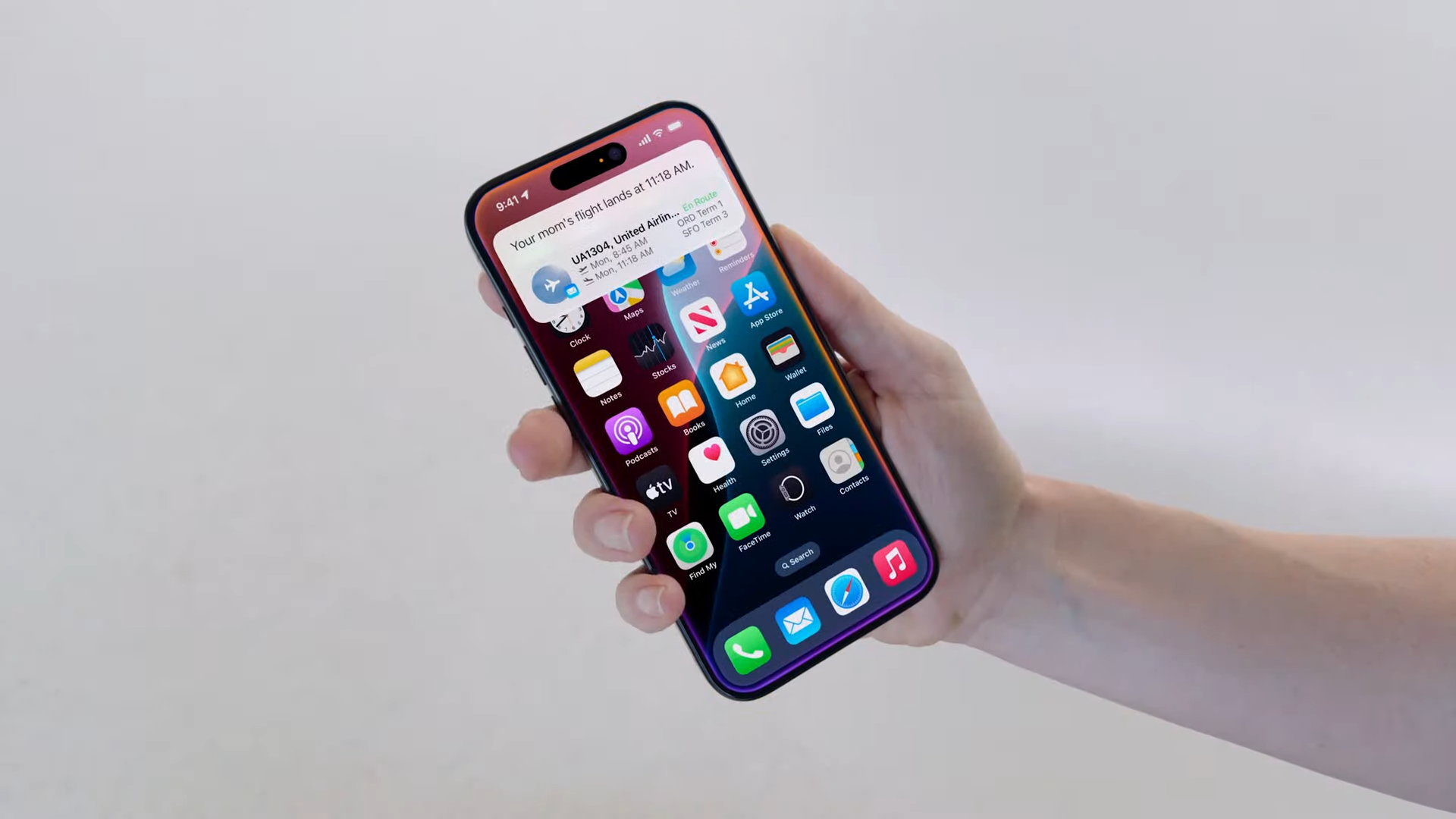
The only current iPhones that will be capable of running Apple Intelligence are the iPhone 15 Pro and iPhone 15 Pro Max. I’ve had my iPhone 13 Pro for a little over two years and it’s still working and running as good as it did when I bought it. Given that, and how I can check out how Apple Intelligence works on an iPad Pro and a MacBook Air, I don’t see the need to upgrade my existing phone.
I might change my mind if Apple Intelligence ends up being as good (or better) than Apple claims. But for now, I’m not going to upgrade my iPhone.
I’m already an Apple stan, but Intelligence has a long way to go

So I’m already in the Apple ecosystem — using a combination of iPhone 15 Pro, M3 Pro MacBook Pro, Apple Watch Series 9 and AirPods Pro 2 as my daily drivers. But after taking a few days to process Apple Intelligence, I'm not too sure about how useful it may be to my day-to-day. Let me explain.
The main three things that did jump out at me for their potential use cases are the new Writing Tools, transcriptions of audio recordings and calls, and a new version of Siri that may actually be useful for once in its 13-year lifespan.
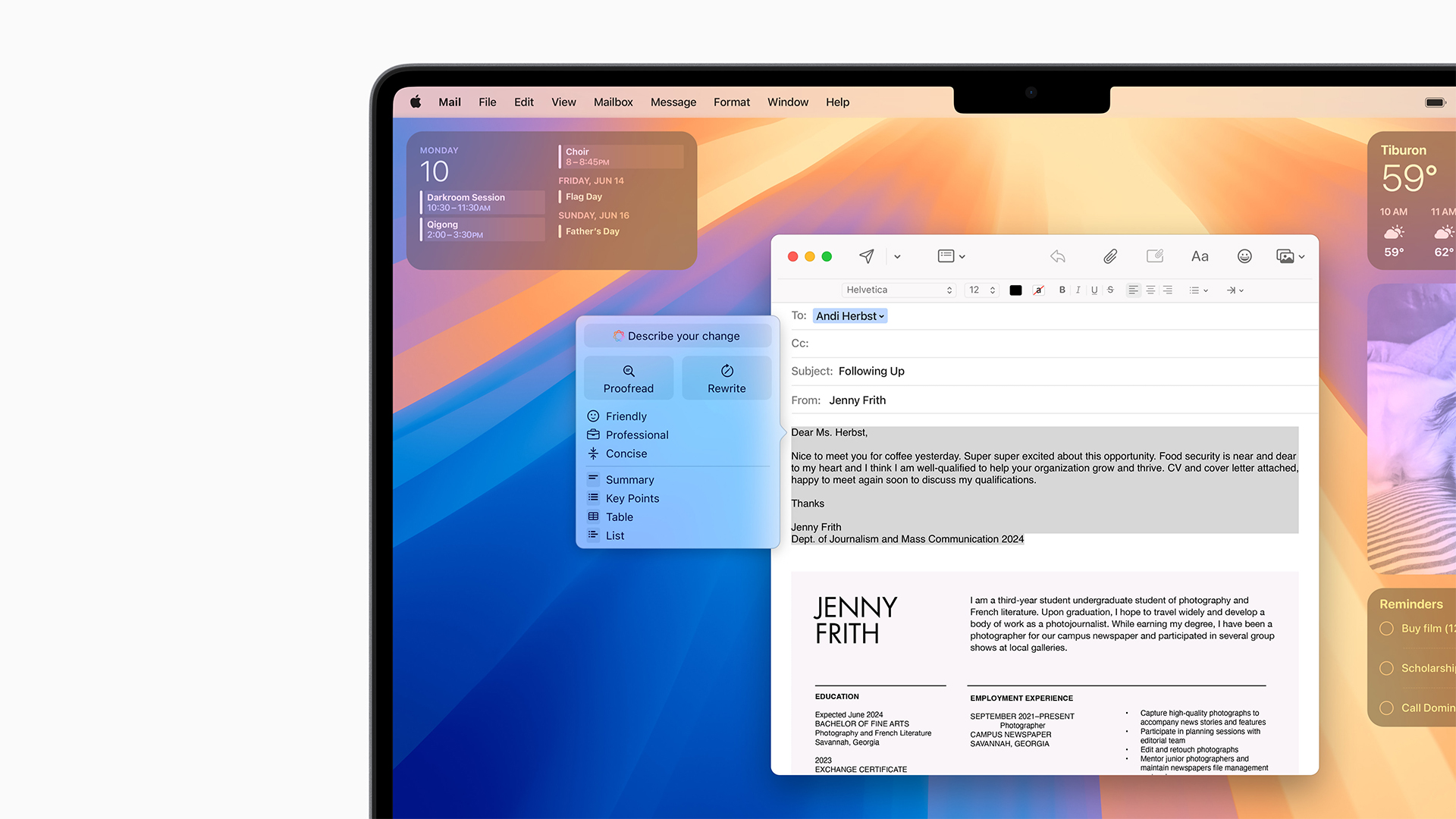
Gone are the days where you’d feel slightly alarmed at its surprisingly detailed answer on finding “somewhere to hide a body,” and replacing it is a potentially agentic (depending on developer pick-up) on-device AI that can understand personal context and reach across all your apps and files to take action.
Writing Tools would help take the sharpness off my quintessentially British passive aggression and keep me sounding friendly in emails, without the need to stop and edit my own email. Plus, I’m always a fan of any attempts to improve the privacy around AI, and Private Cloud Compute’s ability to be that barrier between you and ChatGPT’s data hungry tendencies is nice to see.
But is that enough? I mean the pictures it generates, while a cool concept, are a little cringe (especially the animated look); Genmoji are definitely not for my elder millennial self; and the ChatGPT integration through Apple’s privacy measures may not have the context to continue conversations like the OG version — maybe there’s a way of allowing context in the future to keep the talk going.
Put simply, it’s a great idea, but it's very much “first generation” in terms of limitations, and whenever it comes to Gen 1 Apple products, I only have one rule: wait for Gen 2 when the Cupertino crew irons out the issues.
Sigh, I guess it’s finally time for a new iPhone

I’ve been using an iPhone 12 Mini since it debuted, and despite sluggish operation speeds and middling battery life, I still love its small, pocket-friendly size. I also hate shelling out cash on iterative updates.
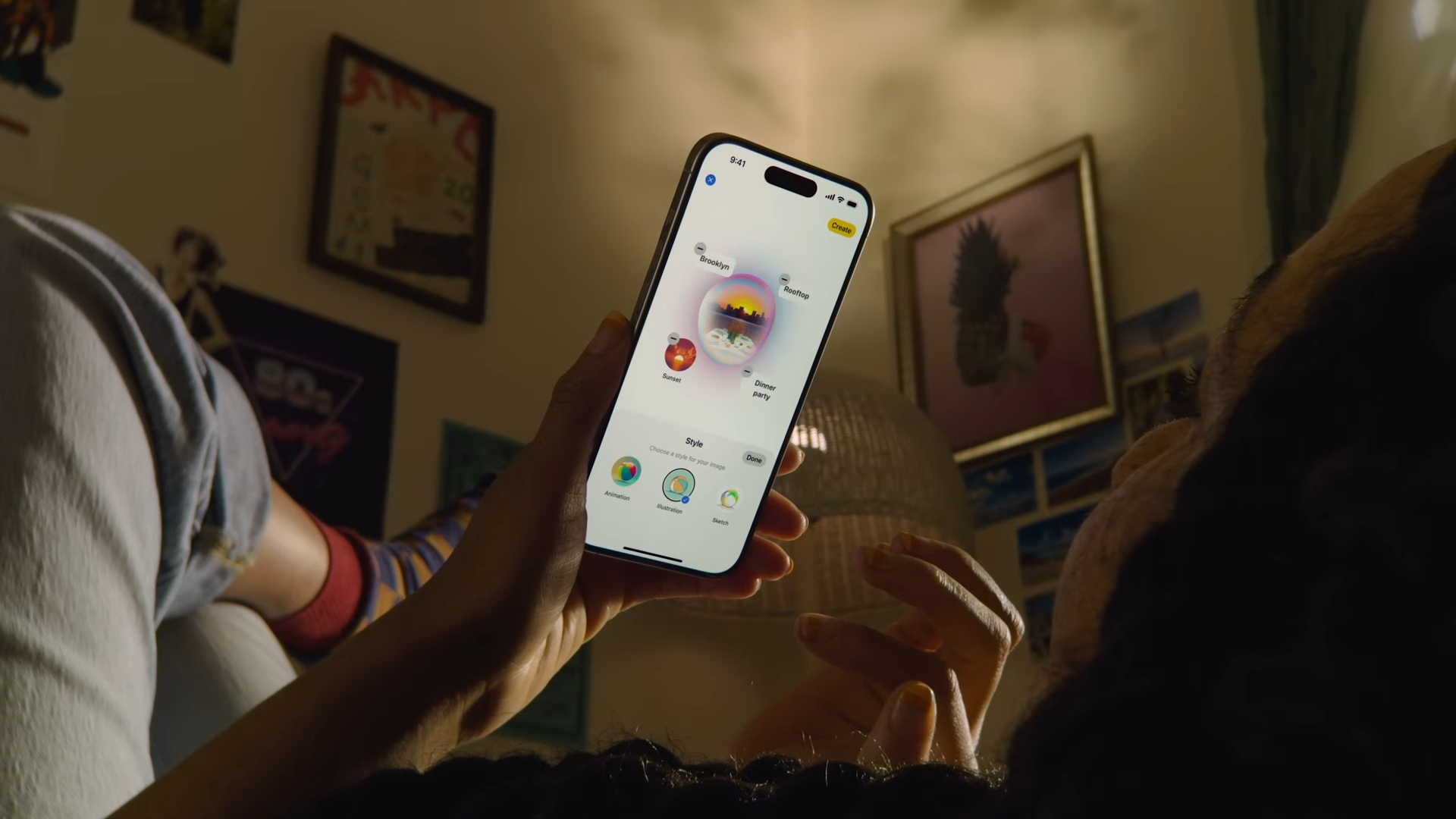
I wasn’t initially planning to make the jump to 2024’s iPhone. In fact, I fully intended to hold off at least one more generation before burning hard-earned dough on a new iPhone. However, Apple Intelligence has me reconsidering, even if it means switching to a substantially chunkier device.
A smarter, AI-backed Siri is a huge selling point for me, especially given Apple’s promise to prioritize user data privacy. Moreover, Apple’s partnership with ChatGPT gives me hope that the brand’s virtual assistant will finally be truly useful for my 21st-century digital life.
No, Apple needs to follow Samsung’s lead

After using countless AI editing tools with my Pixel 8 Pro and Galaxy S24 Ultra, I realize that they’re not exclusive to the latest generation devices — and Apple should roll out Apple Intelligence to older flagship models. Let’s take Galaxy AI features for example. At first, it was exclusive to the Galaxy S24 lineup, but it took a few months before the company released its One UI 6.1 update.
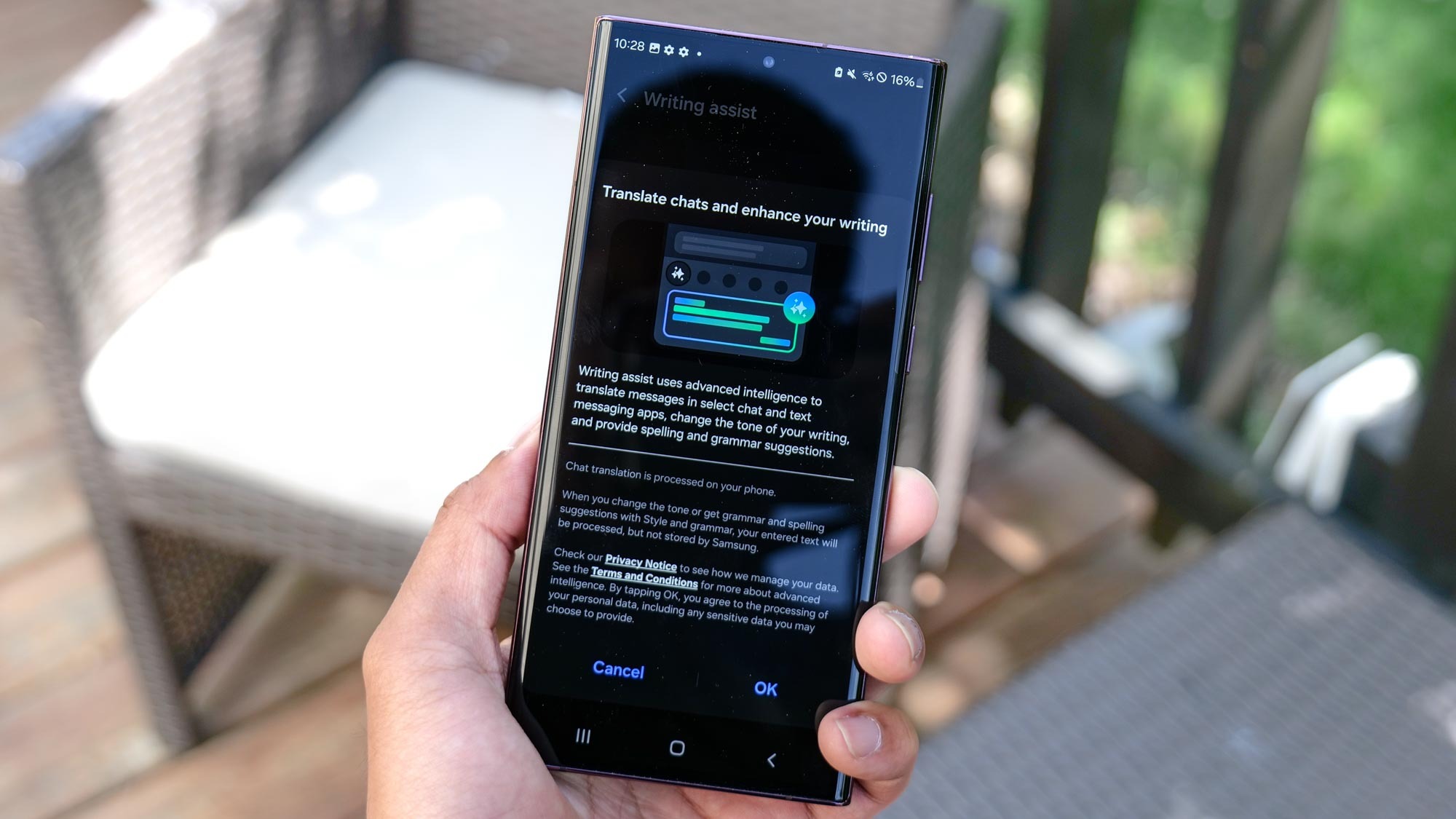
That effectively gave AI features like Generative Edit, Instant Slow-Mo, and Circle to Search to last year’s Galaxy S23 Ultra. And you know what? They were practically the same. Even more interesting is the much older Galaxy S22 lineup also got the same treatment. We’re talking about a 2-year-old phone that is leaning on silicon that doesn't stack up against the latest Snapdragon 8 Gen 3 chip.
What this leads me to conclude is that the processor doesn’t dictate what AI features older phones could get. Apple needs to be reminded about this because neglecting to bring Apple Intelligence to older iPhone flagships would be a significant break in the uniformity we’ve been getting with each new iOS release.
More from Tom's Guide
- I just experienced a new AI mind reading tool — here’s what happened
- The new Siri with Apple Intelligence looks like a huge leap forward — but it's missing one thing
- Anthropic just published research on how to give AI a personality — is this why Claude is so human-like?

Ryan Morrison, a stalwart in the realm of tech journalism, possesses a sterling track record that spans over two decades, though he'd much rather let his insightful articles on AI and technology speak for him than engage in this self-aggrandising exercise. As the former AI Editor for Tom's Guide, Ryan wields his vast industry experience with a mix of scepticism and enthusiasm, unpacking the complexities of AI in a way that could almost make you forget about the impending robot takeover.
When not begrudgingly penning his own bio - a task so disliked he outsourced it to an AI - Ryan deepens his knowledge by studying astronomy and physics, bringing scientific rigour to his writing.
 Club Benefits
Club Benefits















